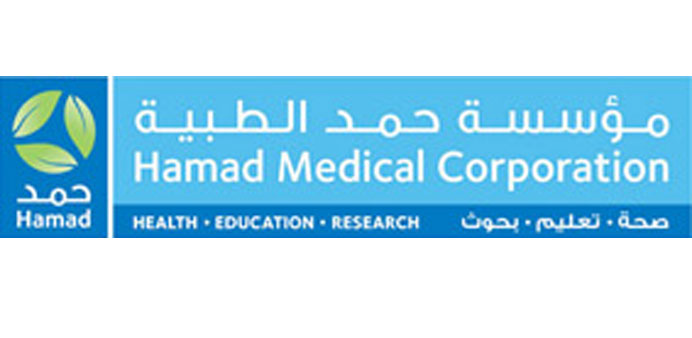
403
Sorry!!
Error! We're sorry, but the page you were looking for doesn't exist.
Qatar- HMC holds symposium on World Sepsis Day
(MENAFN- Gulf Times) The medical intensive care unit (MICU) at Hamad Medical Corporation (HMC) is actively involved in raising awareness of six simple steps that include tried and tested guidelines for managing sepsis.
Known as the 'Sepsis Six', this bundle of therapies has been associated with decreased mortality, decreased length of stay in hospital, and fewer intensive care bed days. The Sepsis Six protocol educates staff about sepsis, its causes, symptoms and ways of prevention.
Sepsis is a potentially life-threatening disorder triggered by infection. Every year September 13 is marked as World Sepsis Day.
Dr Ibrahim Fawzy, director, MICU, Hamad General Hospital, explained: "Sepsis occurs when chemicals released into the bloodstream - as a response to infection - cause inflammatory responses. This inflammation can stimulate a cascade of changes that can drastically affect multiple
organ systems.
"While sepsis can be caused by viral or fungal infections, bacterial infections are by far the most common cause."
As part of the awareness-raising activities, HMC's quality improvement team has also organised an annual multi-disciplinary symposium for healthcare professionals involved in the care of patients with sepsis. The day-long symposium highlighted the latest developments and best practices in sepsis care and management.
According to Dr Fawzy, early symptoms of sepsis usually develop quickly and include fever, shivering, and rapid heartbeat and breathing.
"In some cases symptoms of more severe sepsis or septic shock develop soon after. These can include feeling dizzy, confusion or disorientation, nausea and vomiting, diarrhea, cold, clammy and pale or mottled skin," he said.
Dr Ahmed Labib, clinical lead for the Severe Sepsis Project, highlighted that anyone can develop sepsis. "However, the condition is most common and potentially most dangerous in older adults and those with weakened immune systems, such as HIV or leukaemia.
According to Dr Labib, the best ways to prevent the occurrence of sepsis is limiting exposure to infections by washing hands frequently and thoroughly, keeping wounds clean, and communicating with the physician about vaccinations against illnesses such as influenza and pneumonia.
Known as the 'Sepsis Six', this bundle of therapies has been associated with decreased mortality, decreased length of stay in hospital, and fewer intensive care bed days. The Sepsis Six protocol educates staff about sepsis, its causes, symptoms and ways of prevention.
Sepsis is a potentially life-threatening disorder triggered by infection. Every year September 13 is marked as World Sepsis Day.
Dr Ibrahim Fawzy, director, MICU, Hamad General Hospital, explained: "Sepsis occurs when chemicals released into the bloodstream - as a response to infection - cause inflammatory responses. This inflammation can stimulate a cascade of changes that can drastically affect multiple
organ systems.
"While sepsis can be caused by viral or fungal infections, bacterial infections are by far the most common cause."
As part of the awareness-raising activities, HMC's quality improvement team has also organised an annual multi-disciplinary symposium for healthcare professionals involved in the care of patients with sepsis. The day-long symposium highlighted the latest developments and best practices in sepsis care and management.
According to Dr Fawzy, early symptoms of sepsis usually develop quickly and include fever, shivering, and rapid heartbeat and breathing.
"In some cases symptoms of more severe sepsis or septic shock develop soon after. These can include feeling dizzy, confusion or disorientation, nausea and vomiting, diarrhea, cold, clammy and pale or mottled skin," he said.
Dr Ahmed Labib, clinical lead for the Severe Sepsis Project, highlighted that anyone can develop sepsis. "However, the condition is most common and potentially most dangerous in older adults and those with weakened immune systems, such as HIV or leukaemia.
According to Dr Labib, the best ways to prevent the occurrence of sepsis is limiting exposure to infections by washing hands frequently and thoroughly, keeping wounds clean, and communicating with the physician about vaccinations against illnesses such as influenza and pneumonia.

Legal Disclaimer:
MENAFN provides the
information “as is” without warranty of any kind. We do not accept
any responsibility or liability for the accuracy, content, images,
videos, licenses, completeness, legality, or reliability of the information
contained in this article. If you have any complaints or copyright
issues related to this article, kindly contact the provider above.

















Comments
No comment